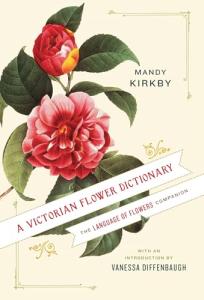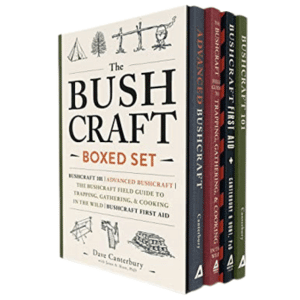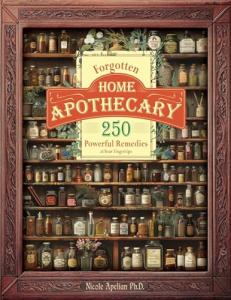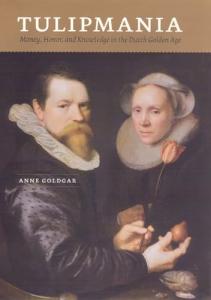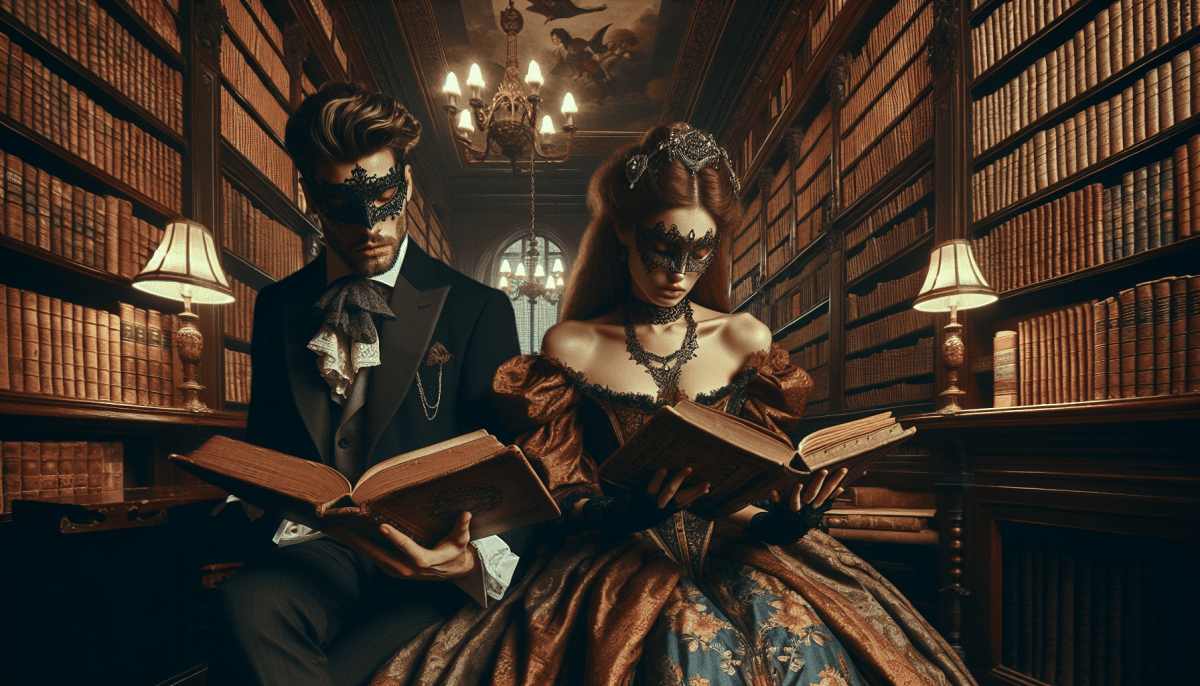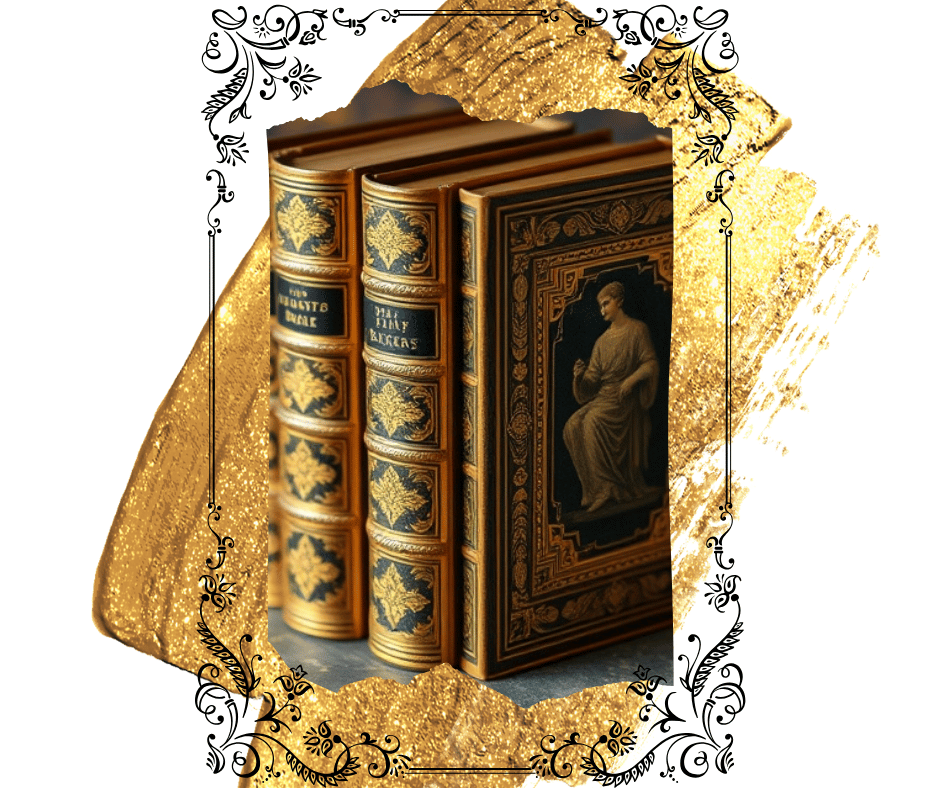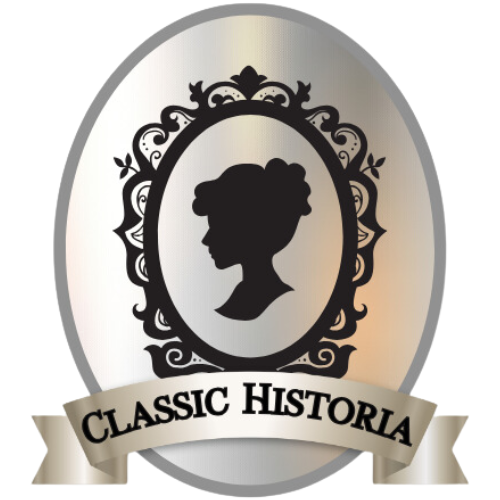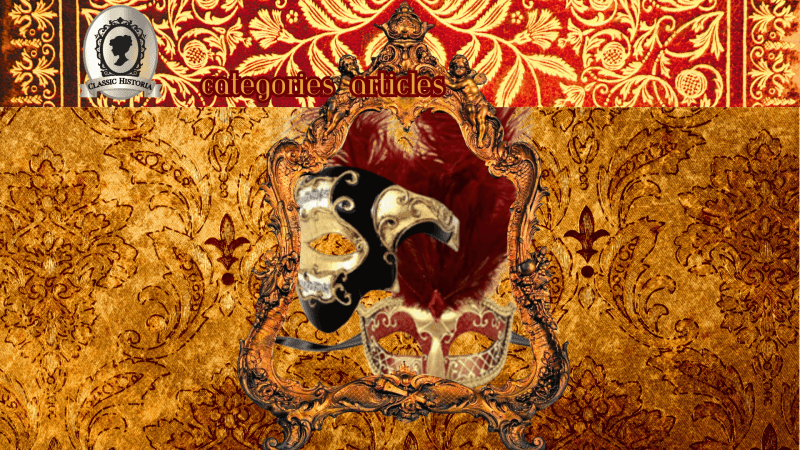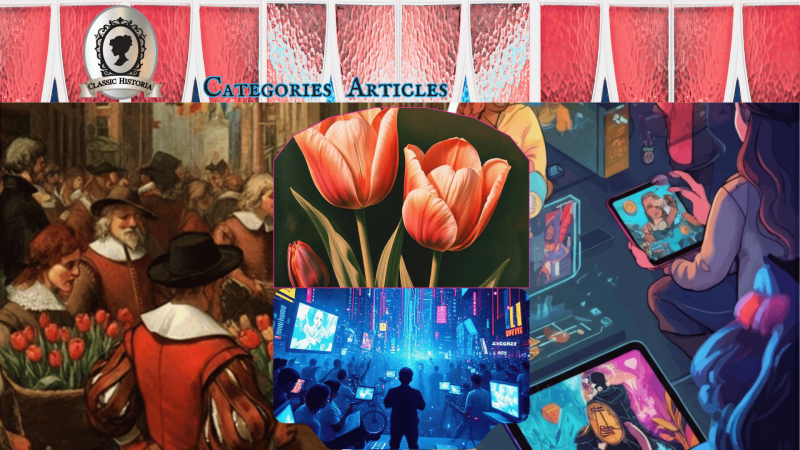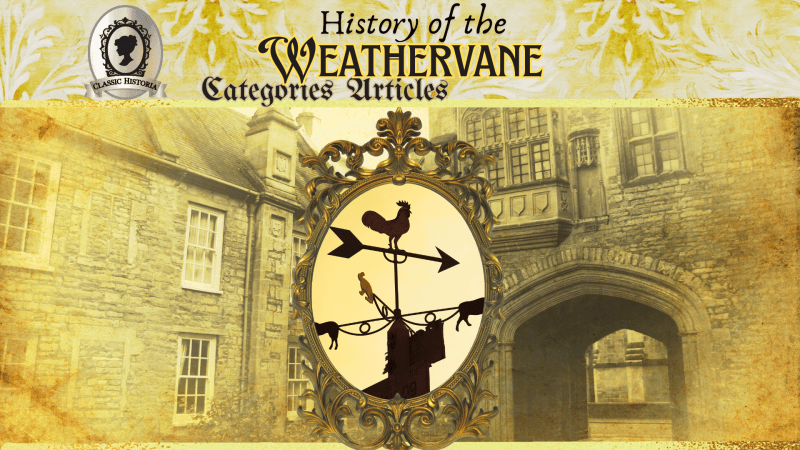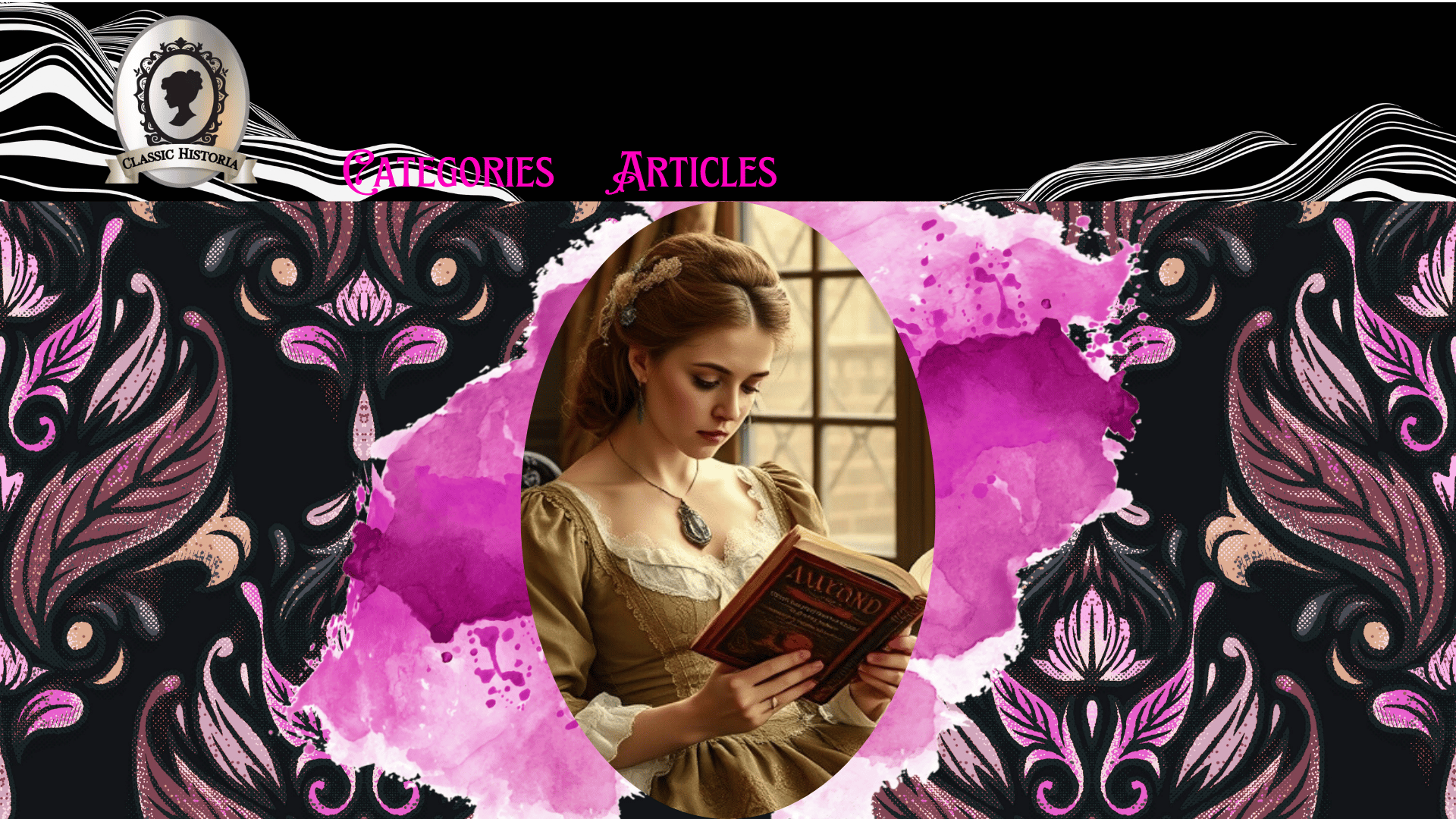
Classic Historia may receive a commission on purchases made through Amazon and eBay affiliate links at no additional cost to you.
The Victorian Era, named after Queen Victoria, who reigned from 1837 to 1901, is one of the most intriguing periods in history. This era is characterized by rapid change and developments in nearly every sphere of life—from industrial, political, and scientific to cultural and social. Today, we invite you on a captivating journey back in time to explore some of the lesser-known yet fascinating facts about the Victorian Era that appeal to curious minds, history enthusiasts, seniors, and students alike. Whether you are a seasoned historian or simply a curious soul, these insights promise to pique your interest.
The Power of Reading
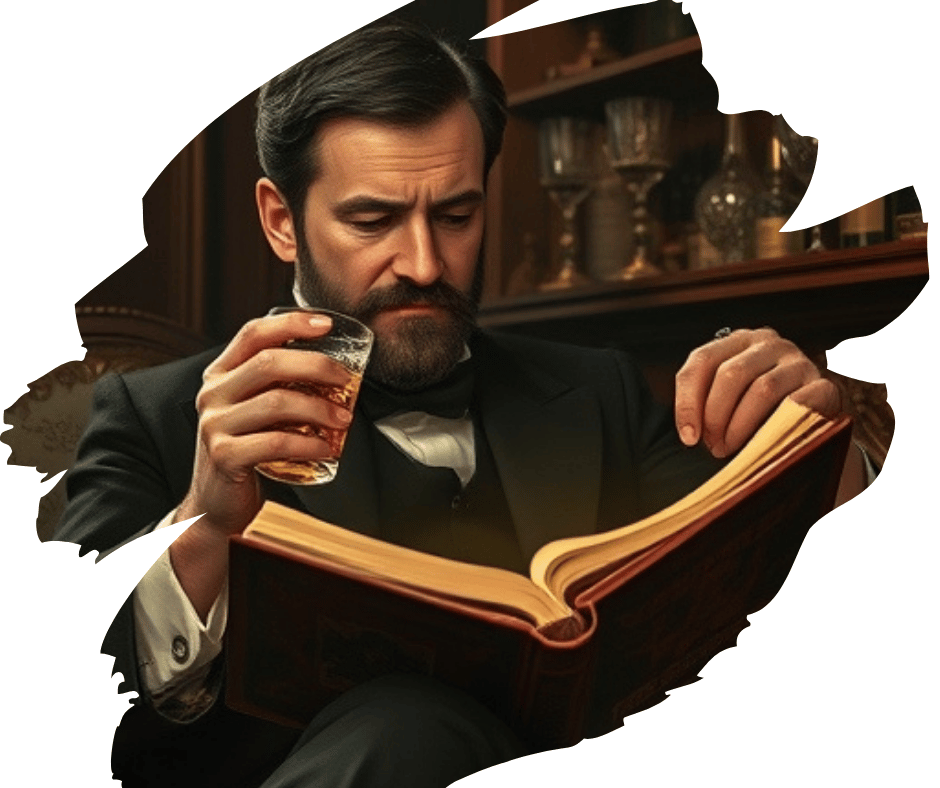
Reading played a pivotal role during the Victorian Era, marking a golden age of the novel. With technological advances in printing and the rise of the middle class, books became more accessible, and literacy rates soared. Iconic authors like Charles Dickens, George Eliot, and the Bronte sisters emerged during this time, offering critiques of Victorian society through their narratives.
Serialized Novels – The Original Binge-Watching
One of the era's most notable literary trends was the serialization of novels. Authors would publish their works chapter by chapter in magazines or as standalone pamphlets over several months or even years. This method not only made books more affordable but also built anticipation among readers, much like today’s binge-watching culture surrounding TV series. Charles Dickens, a master of the serialized novel, captivated vast audiences with works like "Oliver Twist" and "David Copperfield."
The Explosion of Literacy
The Victorian Era experienced a literacy boom thanks to the Education Act of 1870, which mandated education for all children. This significant step toward universal education markedly improved literacy rates across Britain, shaping a society more informed and engaged with written content than ever before. The literacy boom also led to the rise of newspapers and periodicals, providing a platform for new voices and ideas.
Literature as a Reflection of Society
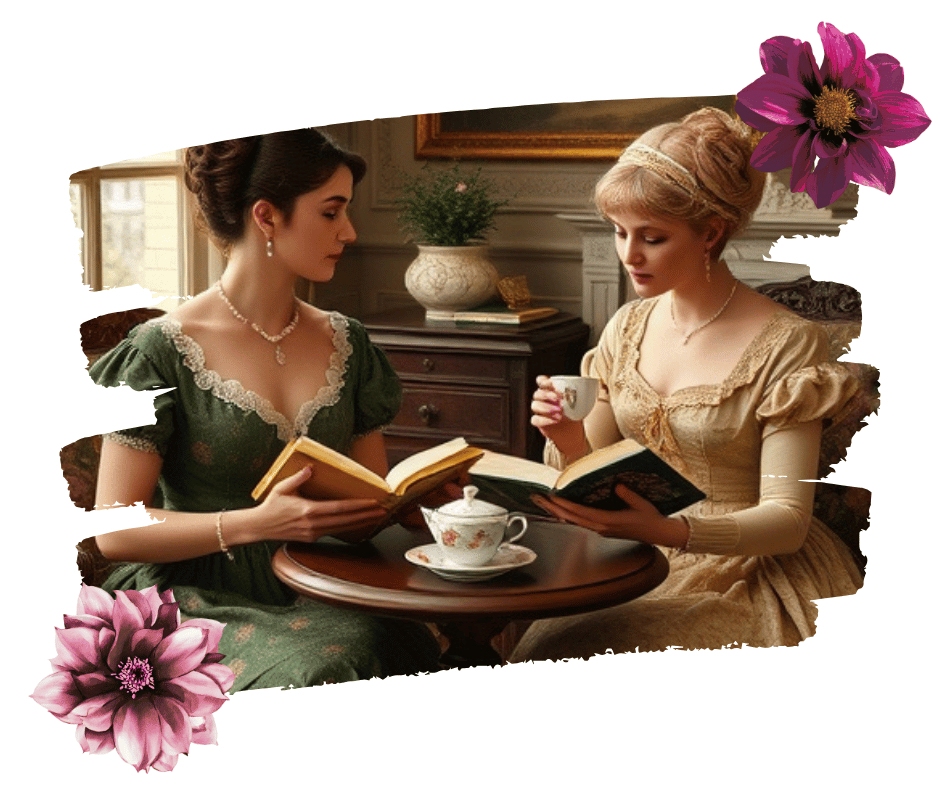
The literature of the Victorian Era not only entertained but also acted as a mirror reflecting the social, cultural, and political climate of the time. As society underwent rapid change, authors used their works to offer commentary on issues like class divides, gender roles, industrialization, and morality.
Social Critiques in Novels
Many novels from this era are known for their sharp critiques of Victorian society. Charles Dickens's "Hard Times" exposed the harsh realities faced by factory workers during the Industrial Revolution. Elizabeth Gaskell's "North and South" portrayed
Public Libraries – A Novel Concept
The Public Libraries Act of 1850 revolutionized access to literature by allowing municipalities to establish free public libraries. This act marked the beginning of the library as a community hub, providing the masses with access to books and knowledge previously reserved for the affluent. By the end of Victoria's reign, there were hundreds of libraries across the United Kingdom, fostering a culture of reading and continual learning.
The Penny Dreadfuls – Entertainment for the Masses
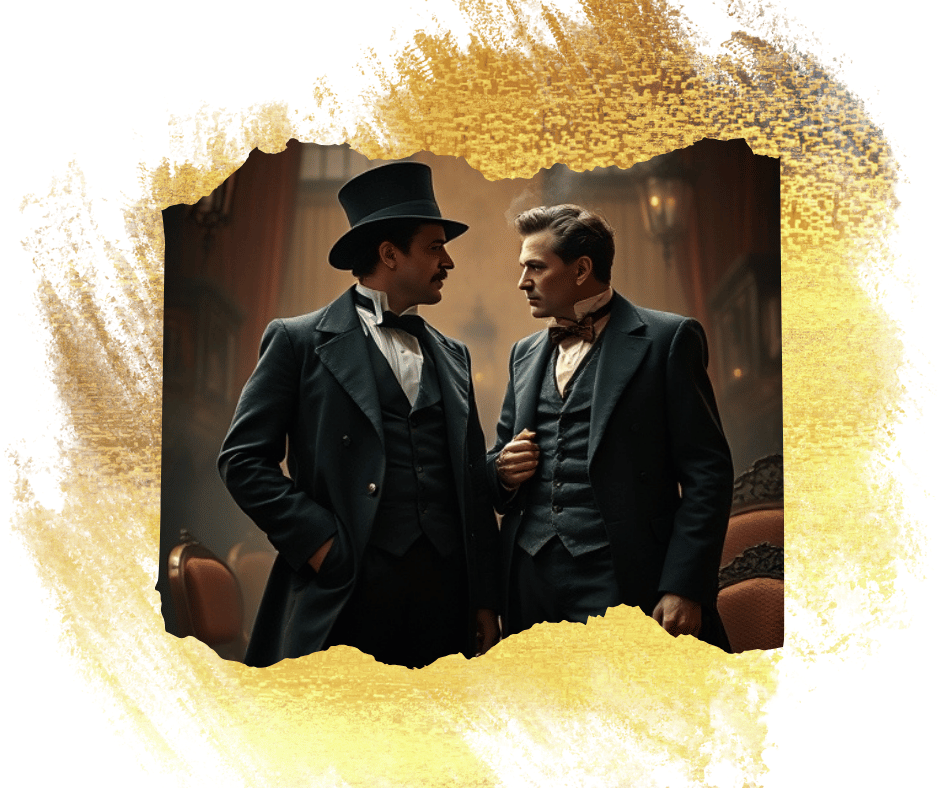
While the Victorian Era was a golden age for literature, it also saw the rise of "penny dreadfuls" – cheap, serialized books that catered to the public's appetite for sensational and often macabre stories. These publications, although looked down upon by the literary elite, played a crucial role in making reading accessible and entertaining for the working class, illustrating the era's diverse literary tastes.
Victorian Literature – Intellectual Novels and Popular Fiction
Victorian Era novels captivated readers with their elaborate storytelling, intricate characters, and exploration of societal themes. Writers such as Charles Dickens, George Eliot, and Thomas Hardy produced works that resonated with audiences across all classes. These novels often served as both entertainment and social commentary, shedding light on issues such as industrialization, poverty, and gender inequality. Dickens’ masterpieces, like Great Expectations and Oliver Twist, highlighted the struggles of the vulnerable while offering hope through their protagonists, making them timeless favorites.
The Victorian Era also gave rise to the sensation novel, a genre that combined elements of mystery, crime, and romance. Authors like Wilkie Collins in The Woman in White and Mary Elizabeth Braddon in Lady Audley’s Secret captured readers' curiosity with their gripping plots and scandalous twists. These novels provided an escape into thrilling and often dramatic narratives, reflecting the period's fascination with the tension between respectability and the hidden facets of human behavior. Victorian novels remain classics today, demonstrating their enduring ability to spark interest and provoke thought.
Most Popular Macabre Books of the Victorian Era
|
Title |
Author |
Publication Year |
Description |
|---|---|---|---|
|
Frankenstein |
Mary Shelley |
1818 |
A groundbreaking novel exploring scientific ambition, creation, and monstrosity. |
|
Strange Case of Dr Jekyll and Mr Hyde |
Robert Louis Stevenson |
1886 |
A tale of dual identities and the struggle between good and evil. |
|
Dracula |
Bram Stoker |
1897 |
A masterpiece of Gothic fiction detailing the fight against the iconic vampire. |
|
The Picture of Dorian Gray |
Oscar Wilde |
1890 |
A novel about vanity, morality, and the consequences of living a hedonistic life. |
|
The Woman in White |
Wilkie Collins |
1859 |
A suspenseful story blending mystery and elements of the supernatural. |
In Reflection
The Victorian Era remains a fascinating study, reflecting a time of significant transition that laid the groundwork for modern advances in various fields. The period's contributions to the culture of reading and literature are particularly noteworthy, showcasing the era's complex relationship with progress, morality, and the arts. From the serialized tales that gripped the nation to the monumental shift toward public education and literacy, these facets of the Victorian Era highlight an age teeming with contradictions, innovations, and, above all, a deepening appreciation for the written word.
In exploring these lesser-known facts, we realize that the Victorian Era's legacy is not only in its industrial achievements or imperial conquests but also in its profound impact on how society values and engages with literature. It was an era that forever changed the landscape of reading and writing, leaving a lasting imprint on the world that resonates to this day.
Whether you're a history enthusiast, a literature lover, or simply in search of a glimpse into the past, the Victorian Era offers a rich tapestry of stories and developments that continue to fascinate and inspire. It serves as a powerful reminder of how far we've come and the timeless value of knowledge, creativity, and the spirit of inquiry.
